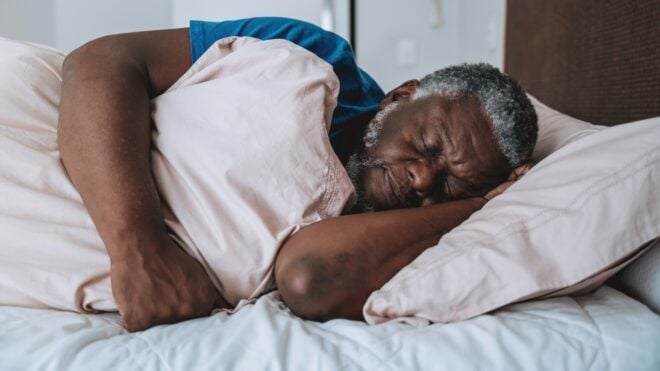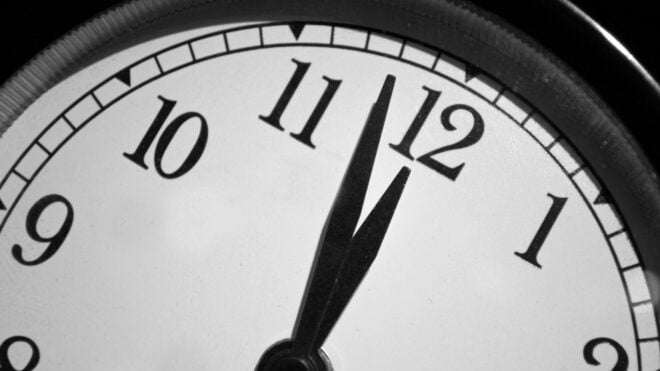One of the most anxiety-inducing feelings in the world is when you really have to pee. It's something everyone can relate to.
Maybe it was on a long car ride, or while waiting in line. It's pretty awful, but for the most part, most people can fight through it until they can dash into the nearest bathroom.
But some people feel this way a little too often for their liking. In fact, as many as 27 percent of men and 43 percent of women report that they feel the urge to go so often that it negatively affects their lives, cutting into their jobs, home life, and time with friends and family.
The term is "overactive bladder," and while accidentally peeing is kind of funny when you're a newborn posing for a tender family photo shoot, it's considerably less charming when you're older. It's embarrassing, and the worry about it potentially happening can ruin your whole day, too.
Luckily, there are steps you can take if you think your bladder might be overactive, and for the most part, they're very simple steps that you can do right at home.
And if you think you have an overactive bladder, don't feel ashamed or embarrassed. It's something that happens to millions of people, and the more it's talked about, the more people living with an overactive bladder can take back their lives!
What Is An Overactive Bladder?
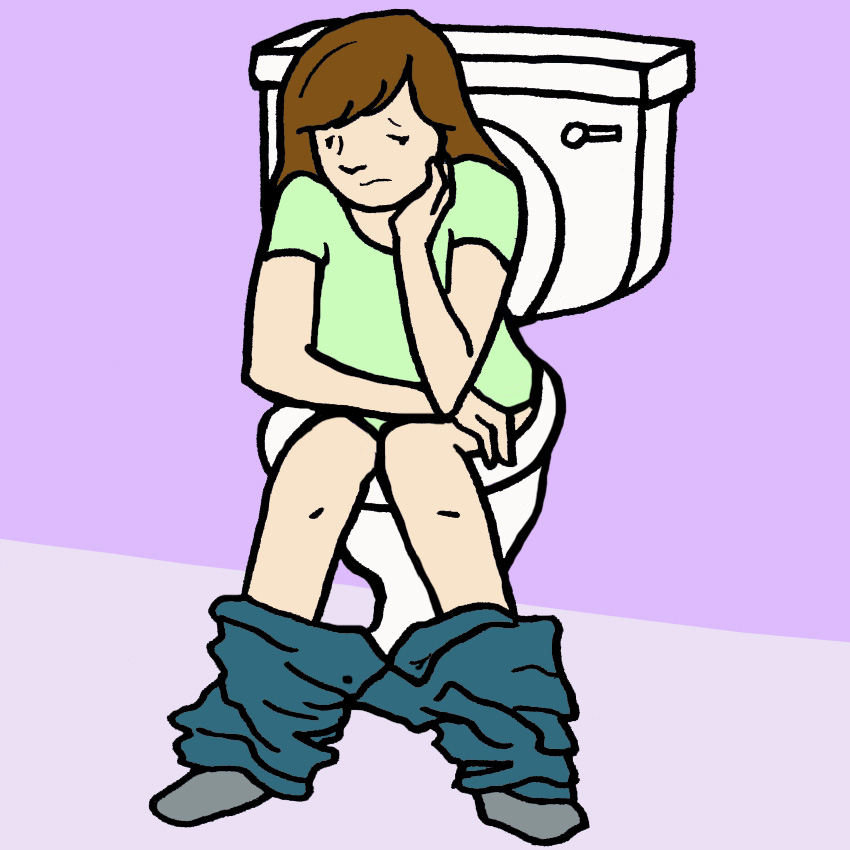
An overactive bladder, or OAB, is a condition characterized by a frequent sensation of needing to urinate, so much so that it negatively affects someone's life.
The need to go can happen during the day or night, often both. While it's not life-threatening, it can cause discomfort and anxiety, and cut into personal life.
OAB can last for years and 40 percent of those who have it also suffer from incontinence, and risk factors for OAB include obesity, diabetes, and functional mobility issues.
So what can you do if you have an overactive bladder?
Tip #1: Check Your Medications
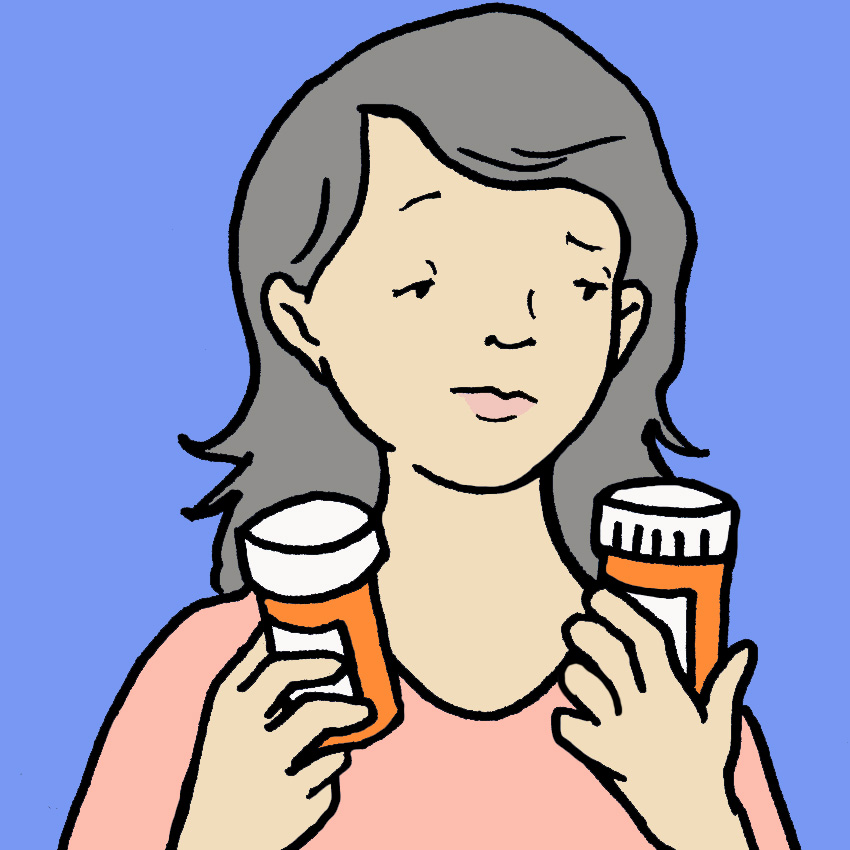
Frequent urination is a common side effect of many medications. If you feel like you're peeing a lot and you take a regular medication, check out the side effects.
If you see that increased bladder activity is a side effect and feel it's cutting into your life, talk to your doctor about possible other options.
Tip #2: Keep Notes
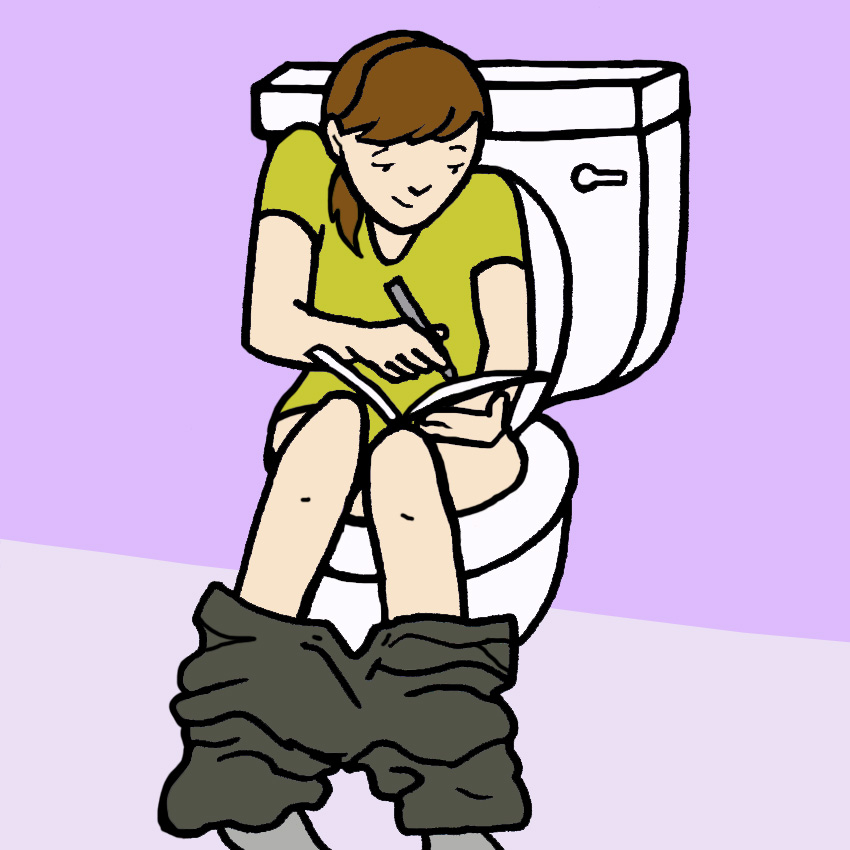
The first step in managing an overactive bladder is to figure out exactly how overactive it is.
Keep a log of every time you have to go. Pay attention to any patterns you might notice.
Do you have to go more during certain times of the day? Does it seem linked to something you eat or drink?
It's also the first step in getting control back over your bladder.
Tip #3: Start A Schedule
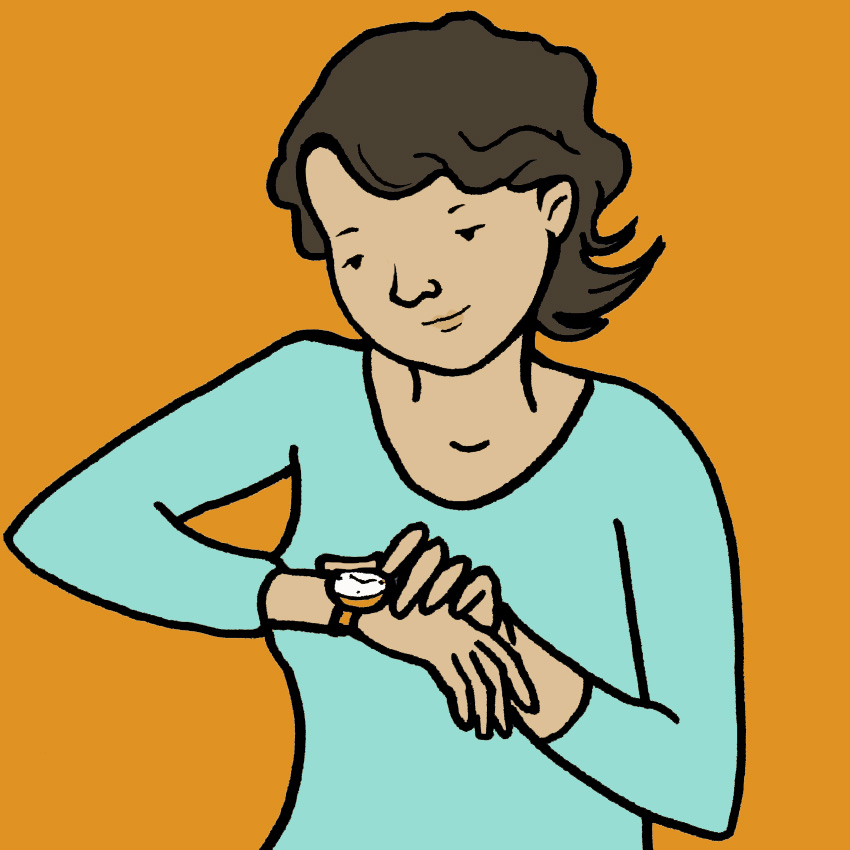
Gaining back bladder control means making a schedule of when you go.
Start with the shortest time between bathroom breaks as recorded in your journal. This will be the starting time for your scheduled peeing.
Try to maintain that time between pee breaks, and slowly increase as your pelvic muscles get more comfortable.
Tip #4: Drink Cranberry Juice

If you've ever had a UTI, you probably know the old folk remedy of drinking cranberry juice.
Cranberries have a compound that flushes the bladder of E. coli bacteria that cause bladder infections, and can lead to an overactive bladder.
Integrate some cranberry juice into your diet to keep your bladder healthy.
Tip #5: Strengthen Up With Exercise
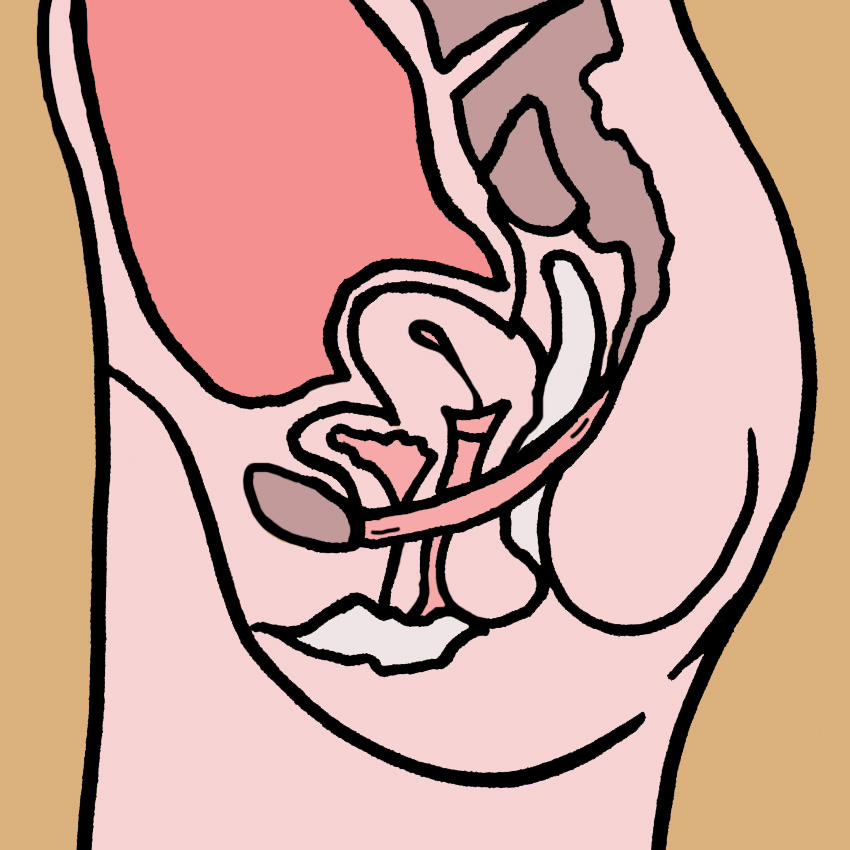
A major cause of having to go frequently, as well as incontinence, is weakened pelvic floor muscles. It's especially common with women who have given birth.
The best thing to do for weak muscles? Exercise!
Kegels are exercises that specifically target the pelvic floor. Tighten them the same way you would if you were stopping a stream of urine. Release and repeat in sets of 10, and do them often.
As a bonus: you can do these anywhere, anytime!
Tip #6: Avoid Excess Caffeine
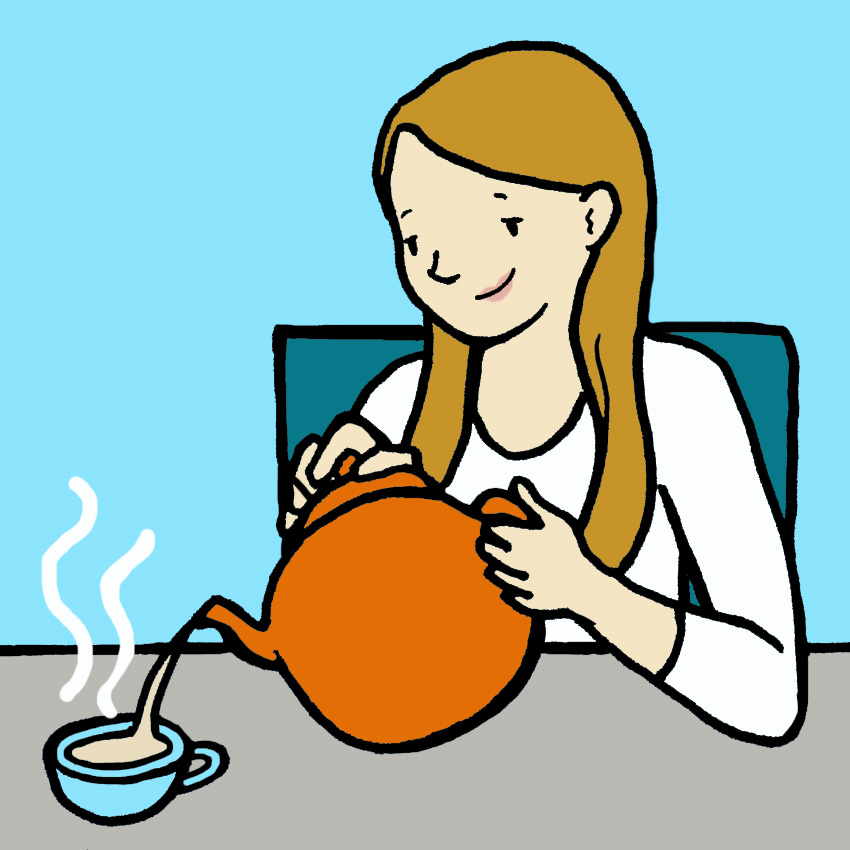
It's no secret that caffeine makes you have to go, so if you'd like to go less, consume less caffeine.
Switch out your coffee for a less-caffeinated tea, and don't drink anything with caffeine later in the day.
If your bladder gets irritated easily, avoid soda, too, as the sugar can exacerbate bladder infections.
Tip #7: Don't Cut Down On Water
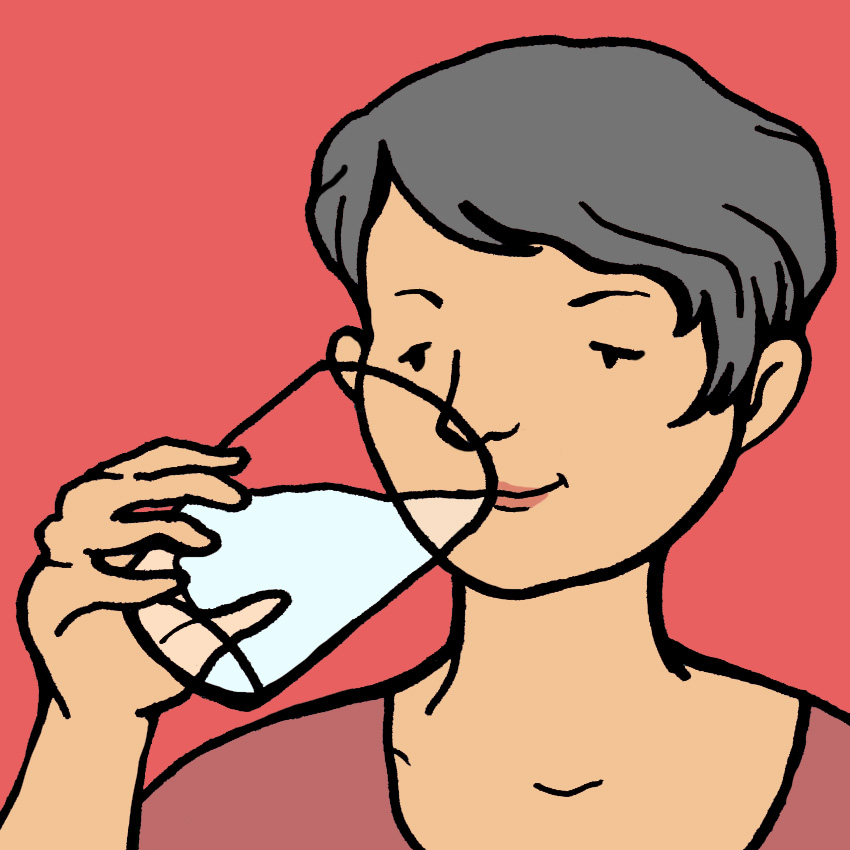
While cutting down on caffeine is good, cutting down on water is not!
Not drinking water causes the urine in your system to become more concentrated, which can irritate the bladder and make it more prone to infection.
So stay hydrated and drink water regularly. It's good for your whole body!
Tip #8: Eat Healthy
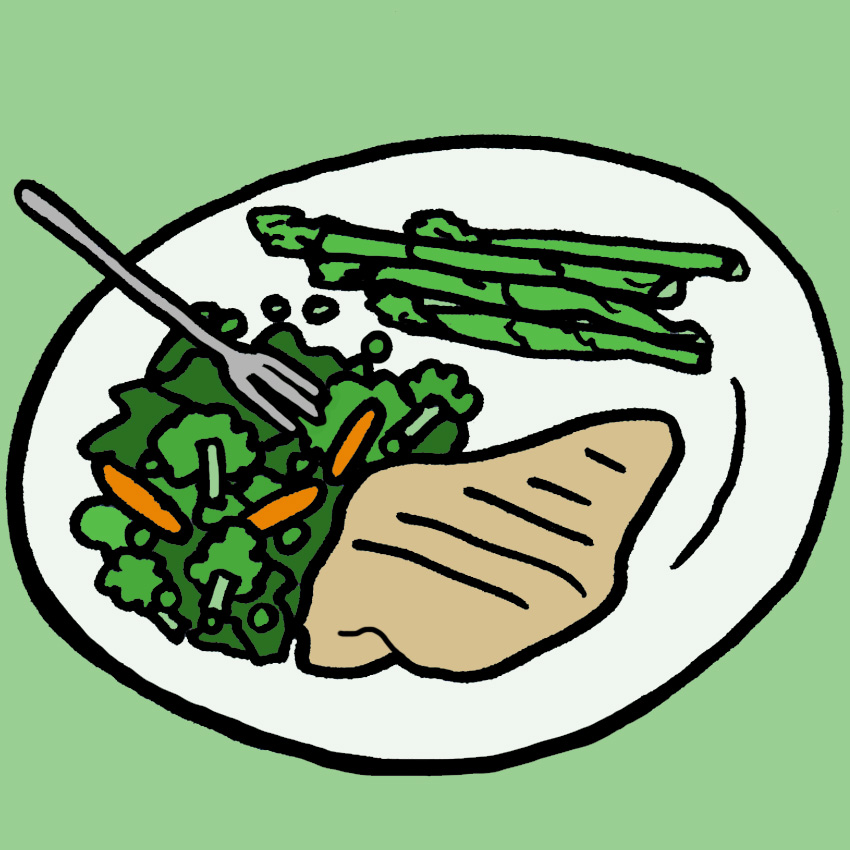
Obviously, everything starts within, and a huge part of making your insides healthy is what you eat.
For bladder health, a diet rich in nuts, beans, fresh fruits and vegetables, whole grains, lean meats and shellfish. And of course plenty of water!
Tip #9: Take A Vitamin
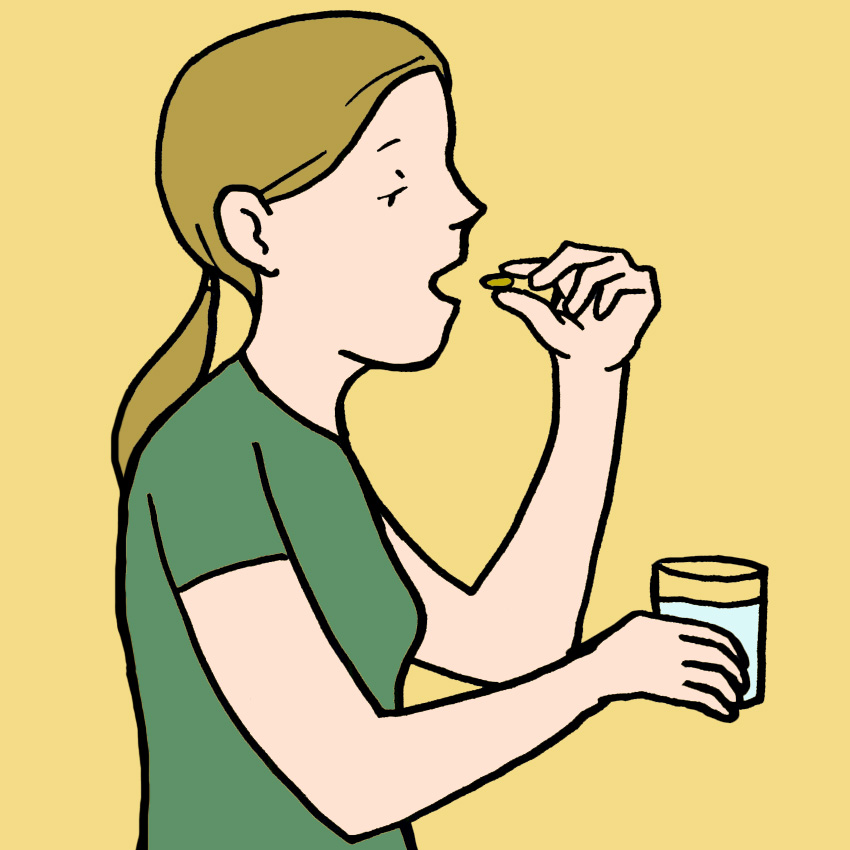
Vitamins A, B-12, C, and D are all great for bladder health (and plenty of other things), so consider starting a vitamin regimen.
There are also medications for overactive bladders out there, so if you feel that's the right choice, talk to a doctor about finding the right one.
Tip #10: Be Prepared
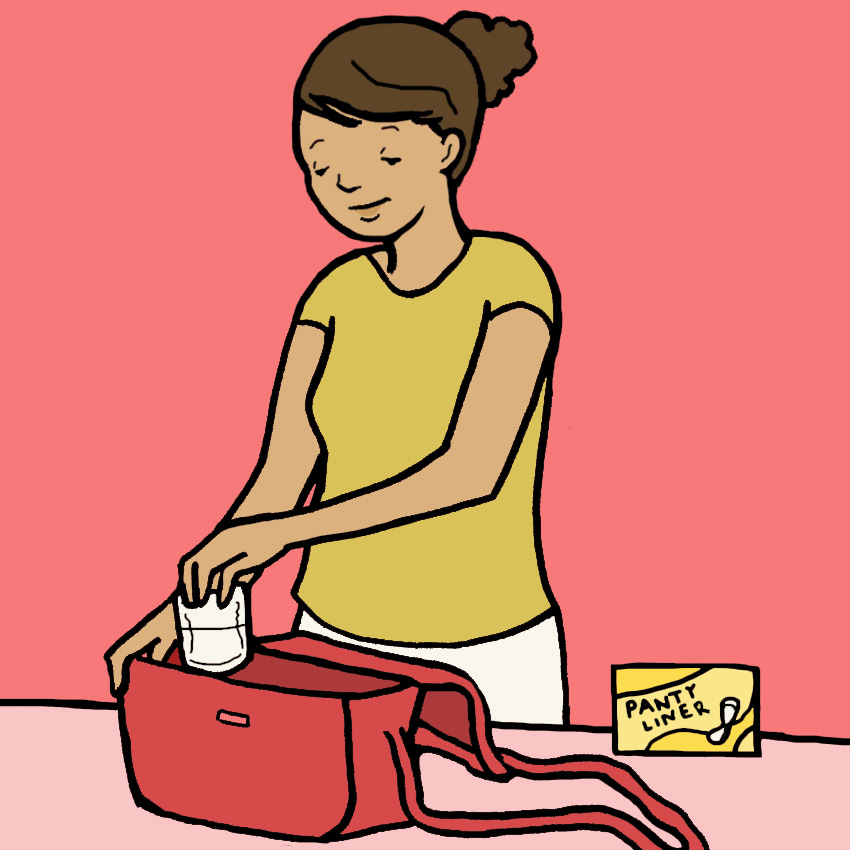
Sometimes accidents happen. The best way to handle it is to be prepared for anything. Carry panty liners or even a spare pair of underwear with you, as well as a Ziplock bag for a soiled pair.
An overactive bladder can make you anxious and even prevent you from living life to the fullest. But with these steps and the support of your doctor, you can take your life back.
SHARE these tips with anyone who hates missing out to run to the bathroom, and to keep everyone's bladders healthy!

